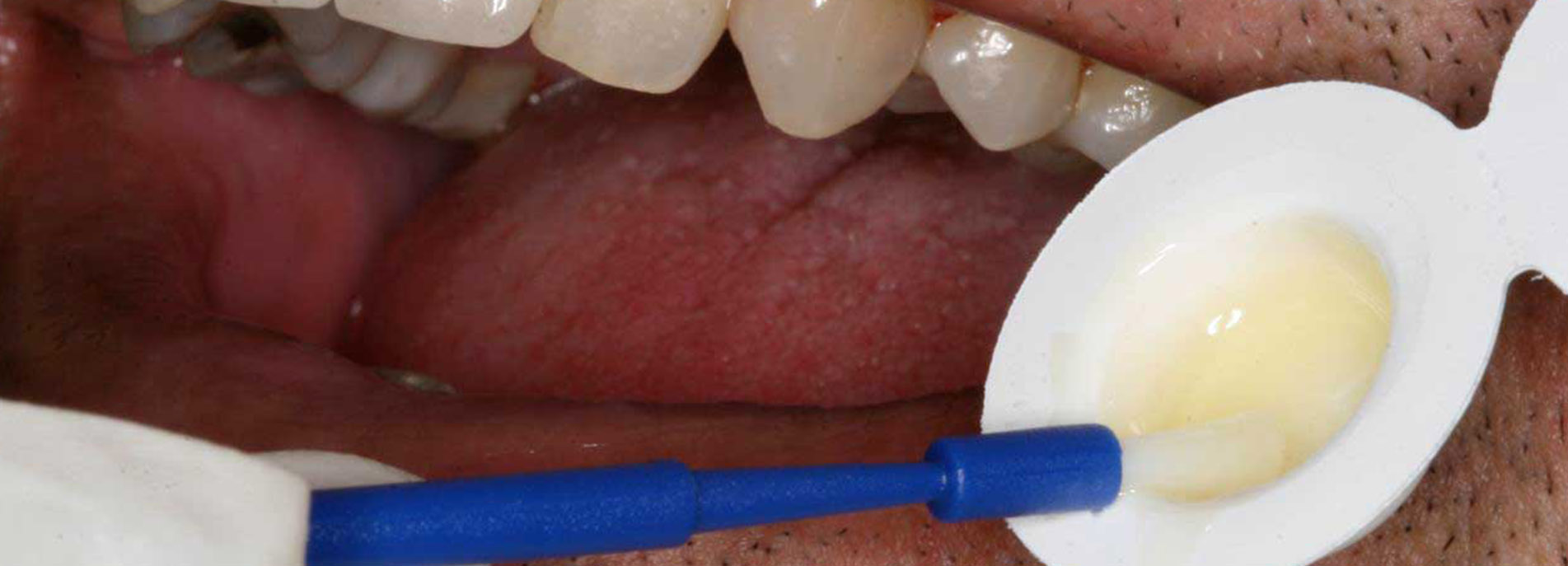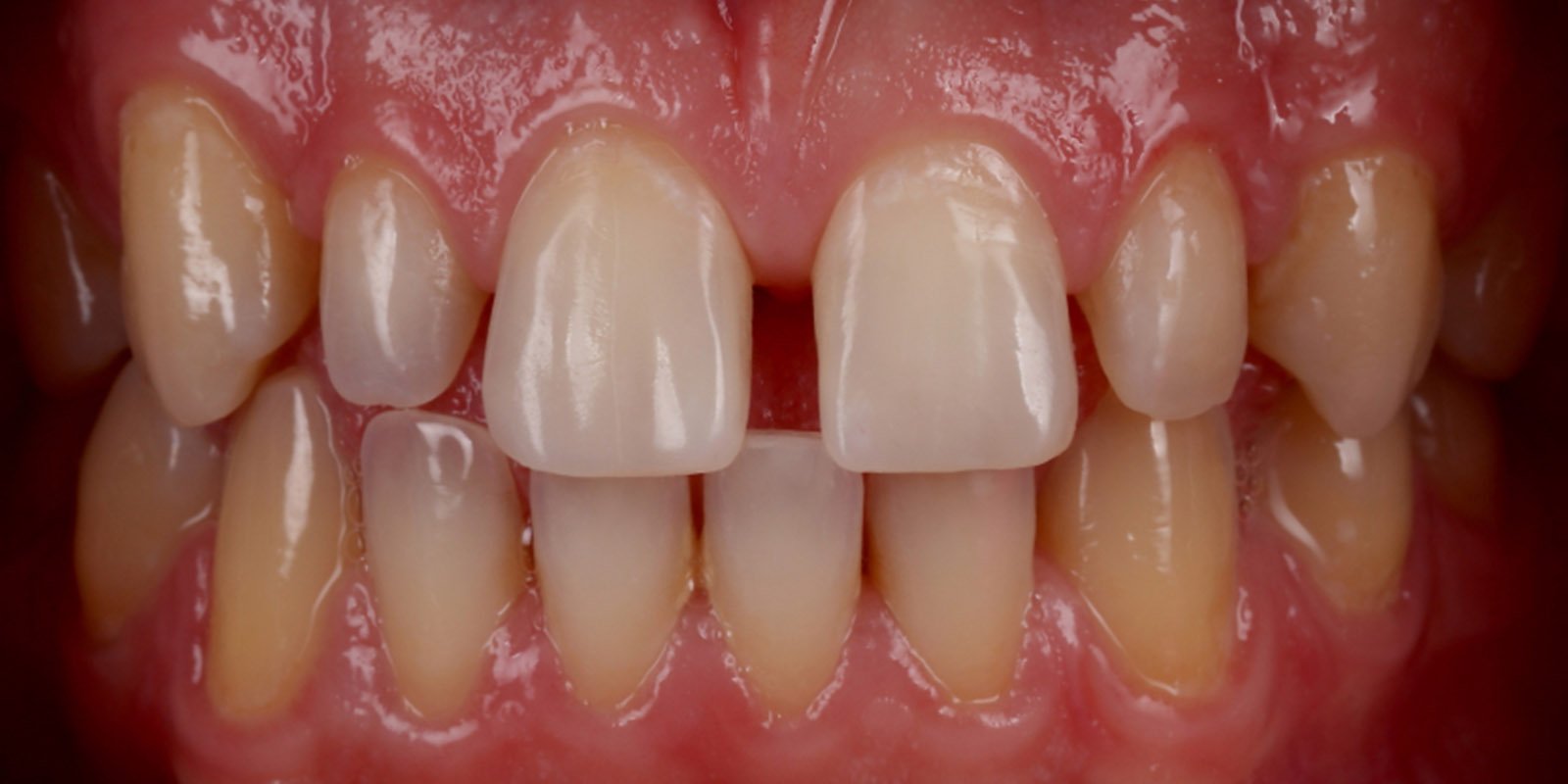Fluoride and oral health
Fluoride is a natural mineral present in our teeth and bones. In dentistry, fluoride is an important component that helps to support healthy tooth enamel and prevent cavities. Tooth enamel is the hard, white outer layer of the teeth. If adequate dental hygiene is not practiced, bacteria and decaying start to accumulate in between the teeth. This forms bacterial plaque which produces acids that can harm the teeth and gums. The acid produced from plaque damages the teeth and untreated plaque leads to severe tooth decay or cavities.
Fluoride fights the bacteria and prevents the occurrence of cavities. It remineralizes the teeth and hinders the process of demineralization (washing away of minerals) caused by the acids produced from bacterial plaque.
What is fluoride therapy?
Fluoride therapy is a medical procedure performed by the dentist to apply fluoride to the patient’s teeth in the form of gel, foam, concentrated rinse, or varnish. The procedure is performed to strengthen the weak tooth enamel and prevent tooth caries. Fluoride makes it difficult for bacteria to stick to the tooth surface. The concentration of fluoride used by the dentist under the course of treatment is higher as compared to the content present in regular toothpaste.
Benefits of fluoride therapy
Fluoride treatment provides numerous benefits including-
Prevention from cavities- Fluoride fights the bacterial plaque that causes cavities. If left untreated, bacterial plaque can convert to a hard substance covering the gums and teeth known as tartar. This can severely harm the gums leading to tooth loss. Fluoride neutralizes the acids produced by plaque and sugar in the mouth, thus slowing down or reversing the growth of cavities. It also hinders bacteria from further blossoming on the teeth.
Strengthens the enamel- Our tooth surface undergoes the processes of demineralization and remineralization simultaneously. The attack of plaque leads to the washing away of minerals (demineralization) from the tooth surface known as enamel. These minerals are redeposited by food and water through the process of remineralization. When the extent of demineralization is more than remineralization, the tooth surface becomes weak and enamel starts to erode. Fluoride therapy provides support to the weak enamel and makes it less vulnerable to bacteria.
Prevents gum disease- The accumulation of plaque in between the teeth can lead to gum inflammation. If left untreated, this situation can become severe leading to gum disease or periodontal disease. Fluoride treatment helps to fight the bacteria that can cause gum problems. People with tooth decay are often prescribed to get fluoride therapy to inhibit the growth of oral bacteria and prevent further complications.
Fluoride therapy adds a strong outer structure to the tooth surface. It serves as the best treatment alternative for people who are vulnerable to cavities, have dry mouth, weak enamel, or wear dental crowns.
Is fluoride therapy safe for children?
Fluoride is effective for both adults and children. The earlier the children are treated with fluoride therapy, the lesser are the chances of getting cavities in life.
One should seek consultation from the dentist to decide when the treatment should be performed.
Cost of fluoride therapy in India
Fluoride therapy is a cost-effective treatment to strengthen the tooth enamel and prevent decay. The cost of fluoride therapy usually ranges between INR 2000- 5000 in India. The treatment is usually completed within a span of a few minutes. It is advisable to visit the dentist regularly to ensure if the treatment is required to be performed again.





